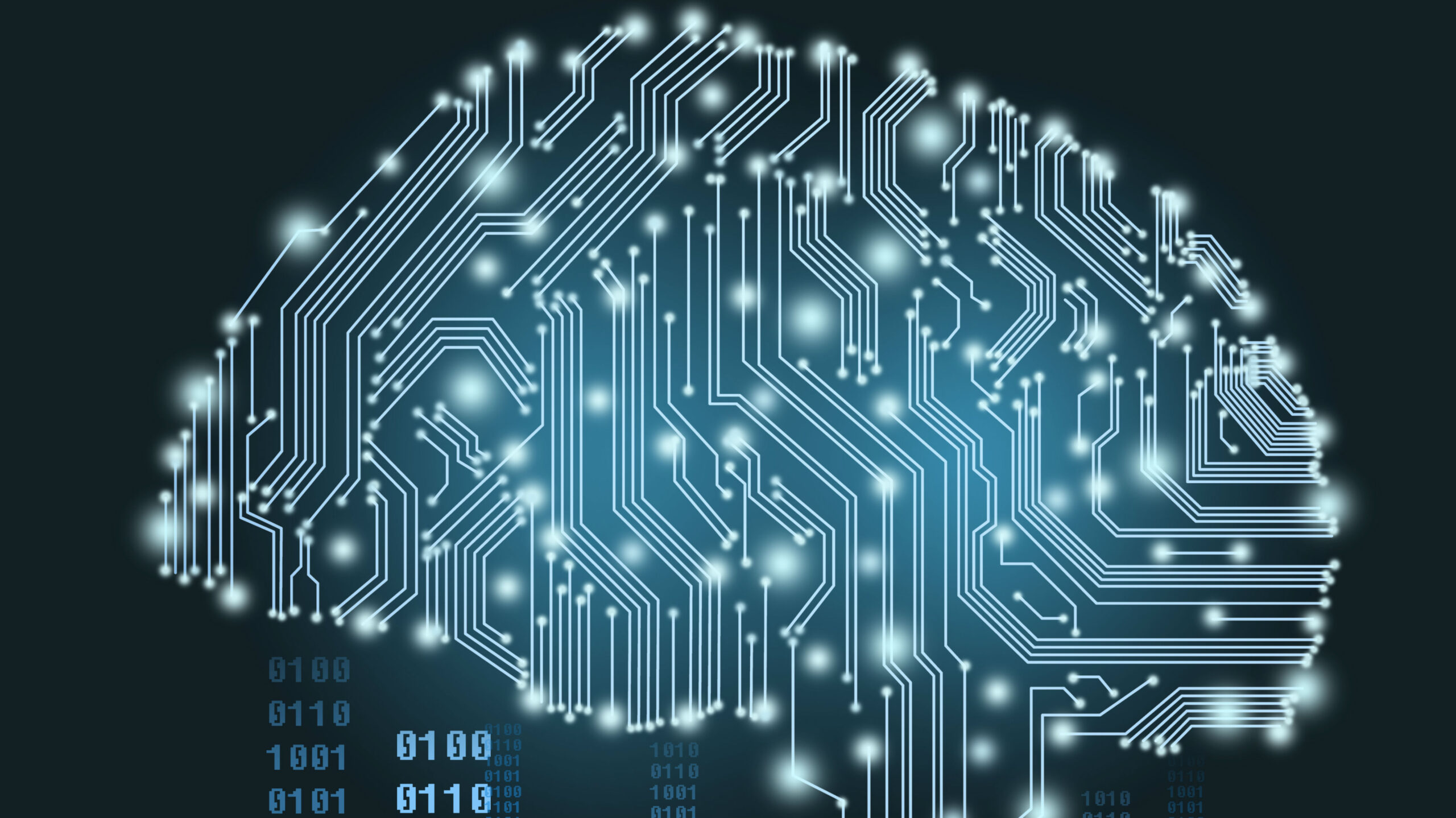Top Stories
Educators Voice Concerns as Government Changes AI Policy

Principals and educators are expressing concerns following the Ministry of Education’s recent reversal on its stance regarding artificial intelligence (AI) in schools. The Ministry has shifted from its previous guidance, now endorsing the use of AI to assist teachers in marking work more efficiently. This update, however, emphasizes the need for human oversight and recommends caution, particularly discouraging the use of AI for complex content, internal assessments, or summative marking.
Last year, the Ministry warned educators against using AI for creating or marking student work, deeming it potentially unfair and discriminatory. The current shift in policy comes at a time when some universities, including Massey University, are moving away from relying on AI detection in assessments.
Kathryn MacCallum, an Associate Professor of Digital Education at Canterbury University, has expressed concern that the new guidance places excessive responsibility on teachers. “My worry is that we are putting a lot of responsibility on the teacher to take responsibility, to have oversight, to understand how to use these tools appropriately,” she stated. While MacCallum supports the use of AI for providing feedback, she firmly opposes its use for final grades. “We shouldn’t ever give a mark that isn’t human, because that’s the final grade – and we need to be confident in that process,” she added.
The potential expansion of AI in the NCEA assessments raises further alarms for educators. MacCallum suggested that while AI might be suitable for assessments with clear right or wrong answers, its application in more subjective evaluations could lead to complications.
The Ministry’s manager of Business Operations, Claire Eden, explained that the updated guidance is a response to the increasing public discourse around the role of AI in education. “Digital technologies are rapidly evolving, public discussion on the use of AI tools in education has intensified,” she noted. Eden asserted that this new guidance aims to provide educators with practical direction in a fast-evolving landscape.
Chris Abercrombie, President of the Post Primary Teachers’ Association (PPTA), emphasized that the teacher-student relationship must remain central to the assessment process. “AI must support – not replace – teachers’ professional judgments. Human oversight is essential,” he stated. Abercrombie also highlighted the importance of transparency, saying students should be informed when AI is utilized in marking. “PPTA has had feedback that young people do not necessarily want their work to be marked by a machine,” he remarked.
The new guidance has led to confusion among educators, particularly in light of Education Minister Erica Stanford’s recent suggestion that AI could eventually handle all internal and external assessments by 2030. Abercrombie pointed out the inconsistency in discouraging AI for internal assessments while considering its phased implementation for external evaluations. The PPTA is now seeking clarification from the Minister, the Ministry, and the New Zealand Qualifications Authority (NZQA) on how AI could accurately assess non-written work, such as media productions or drama performances.
MacCallum added that the guidance raises more questions than it answers, including what specific AI tools are being referenced and how outcomes will be validated. “Assessment is complex – the policy needs to reflect that complexity,” she concluded.
As the debate around AI’s role in education continues, the implications for teachers and students alike remain significant. The evolving landscape of digital technologies in education calls for careful consideration and clear direction to ensure that the educational integrity is maintained while also embracing innovative tools.
-

 World6 days ago
World6 days agoPrivate Funeral Held for Dean Field and His Three Children
-

 Top Stories1 week ago
Top Stories1 week agoFuneral Planned for Field Siblings After Tragic House Fire
-

 Sports3 months ago
Sports3 months agoNetball New Zealand Stands Down Dame Noeline Taurua for Series
-

 Entertainment3 months ago
Entertainment3 months agoTributes Pour In for Lachlan Rofe, Reality Star, Dead at 47
-

 Entertainment2 months ago
Entertainment2 months agoNew ‘Maverick’ Chaser Joins Beat the Chasers Season Finale
-

 Sports3 months ago
Sports3 months agoSilver Ferns Legend Laura Langman Criticizes Team’s Attitude
-

 Sports4 weeks ago
Sports4 weeks agoEli Katoa Rushed to Hospital After Sideline Incident During Match
-

 Politics2 months ago
Politics2 months agoNetball NZ Calls for Respect Amid Dame Taurua’s Standoff
-

 World2 weeks ago
World2 weeks agoInvestigation Underway in Tragic Sanson House Fire Involving Family
-

 Entertainment3 months ago
Entertainment3 months agoKhloe Kardashian Embraces Innovative Stem Cell Therapy in Mexico
-

 Sports4 weeks ago
Sports4 weeks agoJamie Melham Triumphs Over Husband Ben in Melbourne Cup Victory
-

 World4 months ago
World4 months agoPolice Arrest Multiple Individuals During Funeral for Zain Taikato-Fox





















